
One of the biggest blessings of managing Modern Creative Life is the opportunity to connect with fellow writers and creative souls. And, if you’re lucky, those connections grown and develop into friendships that feel loving and nourishing. I met Andi Cumbo-Floyd through her online writing community where she serves as a beacon of light for those of us playing with words (and wanting to publish them in some form) and am grateful to call her a friend, colleague, mentor (and sometimes editor).
That’s why I’m thrilled to be “talking” with Andi Cumbo-Floyd about life, writing, and her latest book (with a pictorial peek into farm life!)
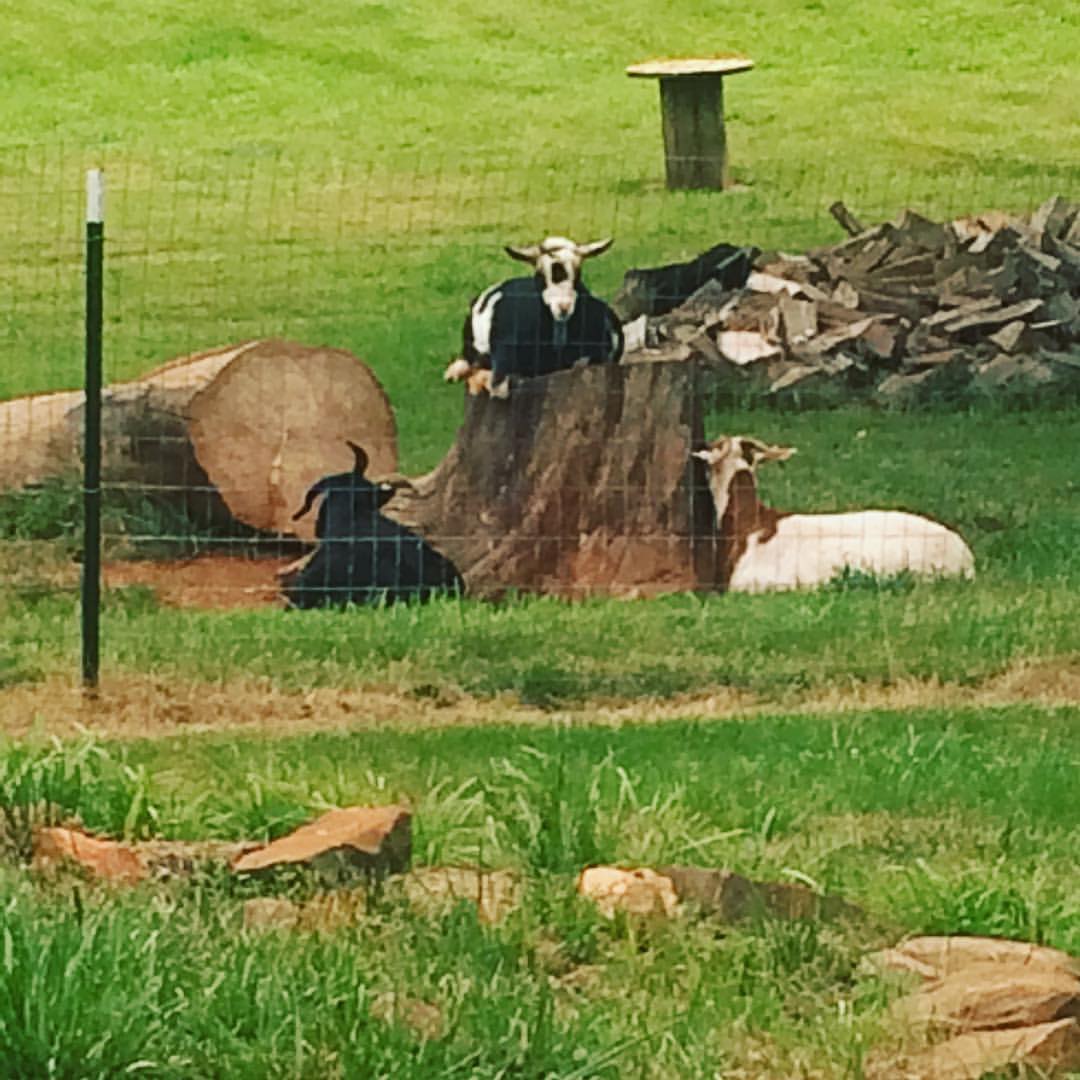
We call this series Conversations Over Coffee because it’s the things I’d ask you if we were sitting across the table from each other over a casual cup of coffee….. so, let’s set the stage: where would you suggest we meet near your current home….and what is your go-to beverage and/or snack were we to meet?
Well, since we live about 45 minutes from the nearest coffee shop, why don’t we meet at my dining room table in the farmhouse? I’ll have a 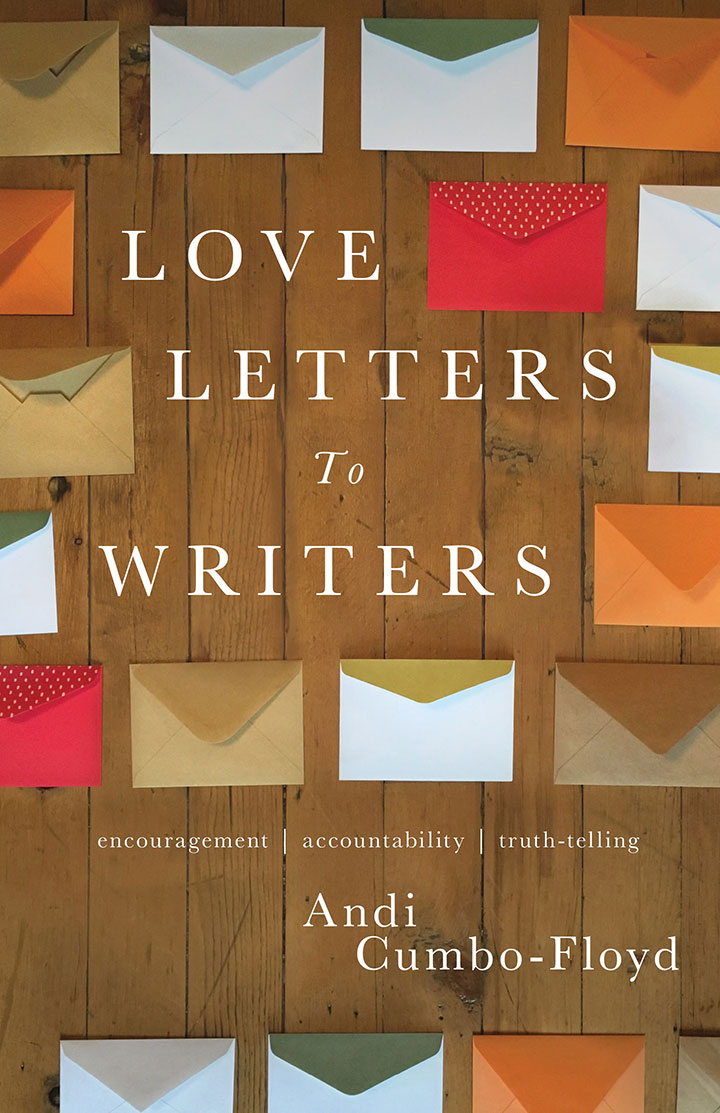 cup of chamomile tea and some shortbread, and of course, I’ll have enough to share.
cup of chamomile tea and some shortbread, and of course, I’ll have enough to share.
For those readers not familiar with your work, can you give us a quick synopsis and background on your new book Love Letters to Writers: Encouragement, Accountability, and Truth-Telling.
Love Letters to Writers is a collection of 52 letters that I’ve written over the past two years to members of the Writing Community I coordinate. Each week, I write them a letter that is drawn from my own experience, from a question they ask, from something I’ve read, or from a random member – like the time I stuck my finger up a horse’s nose. Each letter is about the writing life and is written with the hopes that it will give these writers support and the feeling of camaraderie on this writing journey.
I decided to select some of these letters because one of the Community members, Amanda Eastep, suggested that they should be read by more writers, and so, here we are.
Why IS it important to write if you feel the call?
Here’s the truth as I see it – in an ideal world that was free of oppression and injustice, we would all get to do what we loved all the time, and so for those of us who are called to write, I think the world needs our words – and we need them, too.
Each person’s stories – be they fiction, nonfiction, poetry, blogs, news articles, etc – speak of a truth that is unique to that person, and so the world is made richer and brighter when those of us with this particular vocation step into it as fully and completely as we can.
You write several genres: books for writing, fiction, non-fiction. How do you maintain your writing voice across the genres or does the genre influence your writing voice?
Sometimes I wish I could vary my voice more in the different genres I write, but by grace, I discovered the voice of my heart some years ago and now write – as best I can – only from there, even when I’m writing in the voice of a character or exploring history instead of writing. To be consistent in that voice, I need to stay in touch with my heart because that’s where the truest aspect of my voice lives.
Reaching my heart on busy, hard days is a challenge, but through a ritual of writing that gets me to the page most days, I find that I know how to slide into that space fairly easily. For me, it’s more a matter of listening than producing, listening to what my heart has to say and just following those words.
Are there any threads that consistently run through your work no matter what genre you’re writing?
I’m constantly drawn to the idea of bringing light to injustice. Whether I’m writing about slavery or about the way women are 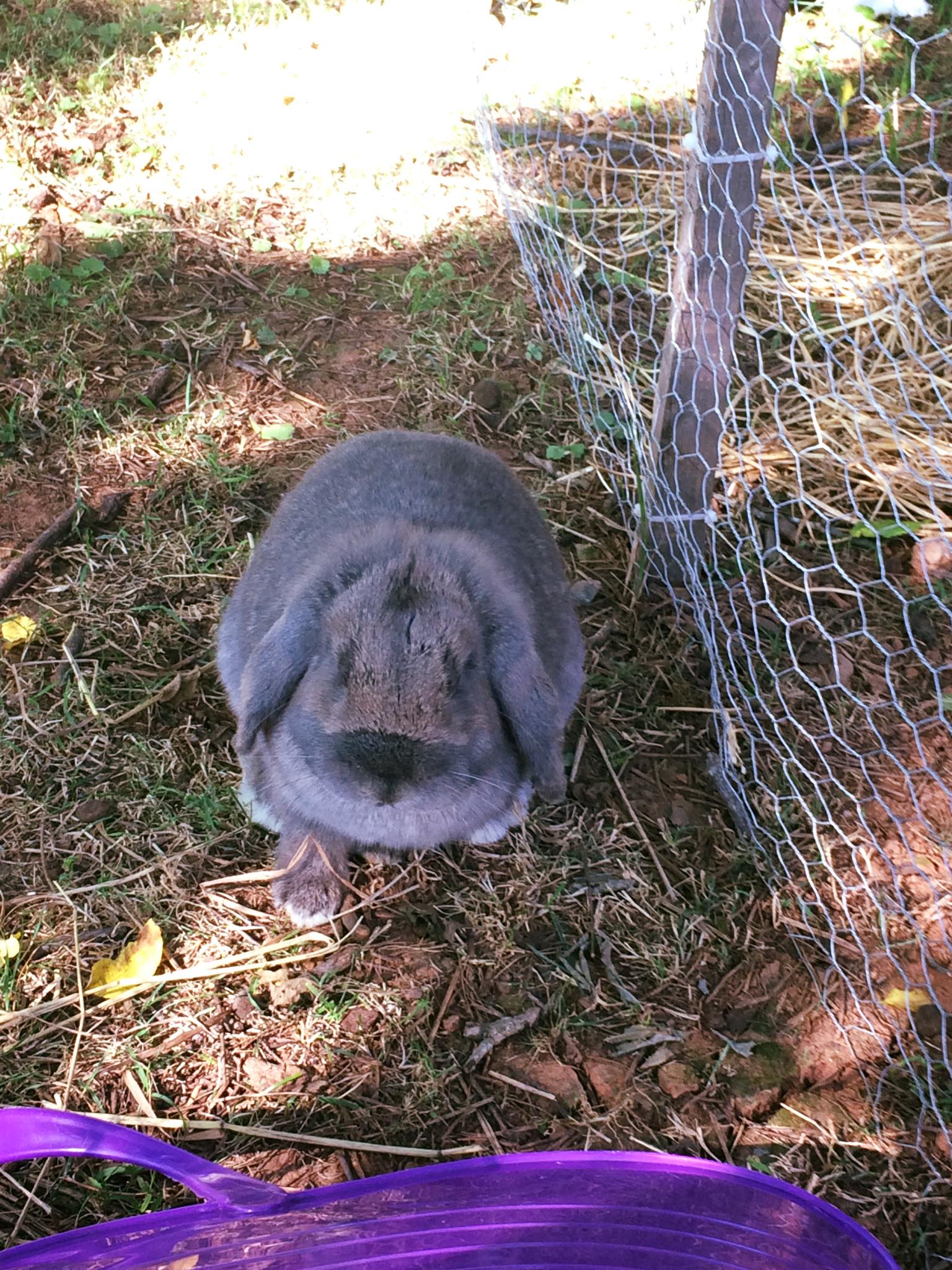 underrepresented by publishers and publications or about the way racism lives in the city I know best, Charlottesville, Virginia, I want to always be trying to show people truth in a way that they can see it.
underrepresented by publishers and publications or about the way racism lives in the city I know best, Charlottesville, Virginia, I want to always be trying to show people truth in a way that they can see it.
In what ways does real life inform your writing (and vice versa)?
Well, since I write mostly about the two things that most imbue my days – writing and history – it informs everything I write. In practical ways, the places I spend time – places where people were enslaved – inform the topics of my writing. And because I make my living as an editor, I spend most of my waking hours considering what makes stories or poems or articles work well and what doesn’t.
In terms of how my writing informs my life, I think the biggest thing there is that writing is how I come to understand my truth about things. It teaches me to see more deeply, to stretch for understanding, and that work makes me, I pray, a more compassionate, loving person.
Most creative folks I know are full of ideas. How do you decide “what’s next” and which idea deserves your attention?
I’d like to say I have some high-minded ideal or publishing plan that determines these things, but honestly, it’s often about energy – what project do I have the energy to complete well in the midst of all the other things I’m working on? I’m not one of those rare authors who makes their living through book sales, so I always have to think about client projects as well as the work of literary citizenship I do to say connected to and support other writers.
In addition to writing, you also work as an editor. As an editor, what would you like writers to know before sending you their book?
I could fill pages with my answer to this question, but here’s are the two biggest pieces of advice I can give to anyone hiring an editor:
- Be sure you’ve done everything you can to make your book as strong as possible before you bring someone in to edit. If you already know what to do, it’s a waste of your money and my time. But when you’ve exhausted your know-how, then hire someone to help.
- Don’t even think about sending your book to an editor if you haven’t read it through, cover to cover. I get so many books that have clearly been piece-mealed together, and a simple read-through would show the writer some of the big weaknesses in their books.
While attending a writer Q&A at my library recently, the writer was asked for some writing advice in a nutshell. She shared this 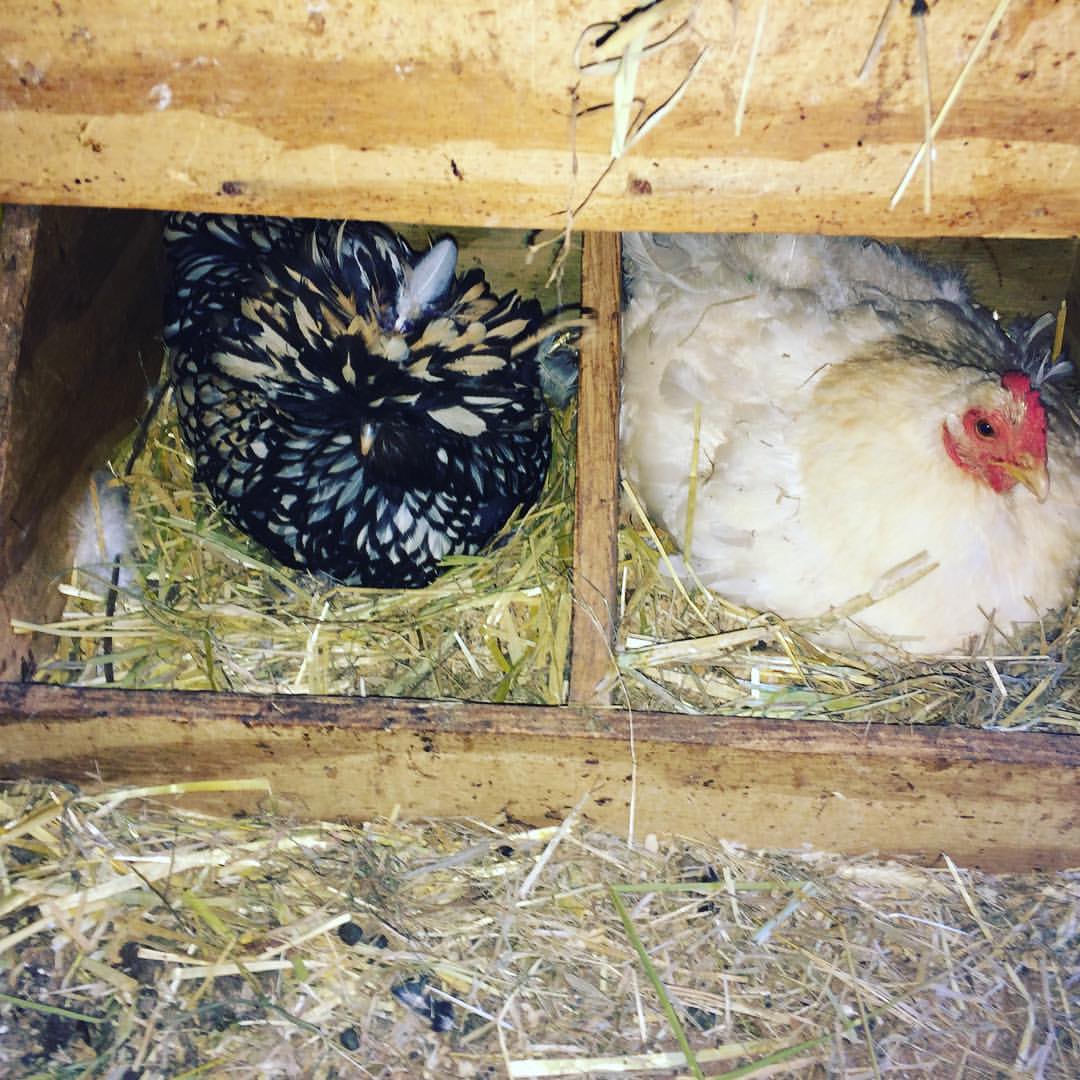 snippet: “Finishing and publishing a book is 20% talent and 80% discipline”. Do you agree? What is it that we all need to know about that double-edged sword called “discipline”?
snippet: “Finishing and publishing a book is 20% talent and 80% discipline”. Do you agree? What is it that we all need to know about that double-edged sword called “discipline”?
Oh, I think that writer is totally right there. The most talented writers I know got to that place by writing regularly and as often as possible. Writing – like most things – is something that requires practice, and so the more we have the discipline to sit down and practice – even without a product in mind – the better our work will be. So I’m with her there.
But I would also say that burn-out is a real thing for writers, too, especially in our “write more faster” culture, so we have to be wise to build a practice of writing that is life-giving, not draining. And that practice differs from person to person and moment to moment.
What’s your best three pieces of advice for folks that write?
- Guard your writing time and space. Treat it as sacred. Don’t give it away unless absolutely necessary.
- Finish things. Finish book drafts and blog posts. Finish articles. Finish the books you read. The process of finishing creates a sense of accomplishment and teaches you discipline.
- Love on other writers. Share their work. Review their books. Like their posts. It doesn’t take much to help another writer get some traction in the public eye.
And your best two pieces of advice for writers that want to finish and publish?
- Set a date by which you will publish and then work back from there to figure out what you need to write when.
- Don’t let marketing scare you. You can try to do everything and get overwhelmed, or you can do what you feel good doing and trust that they people who need your book will find it.
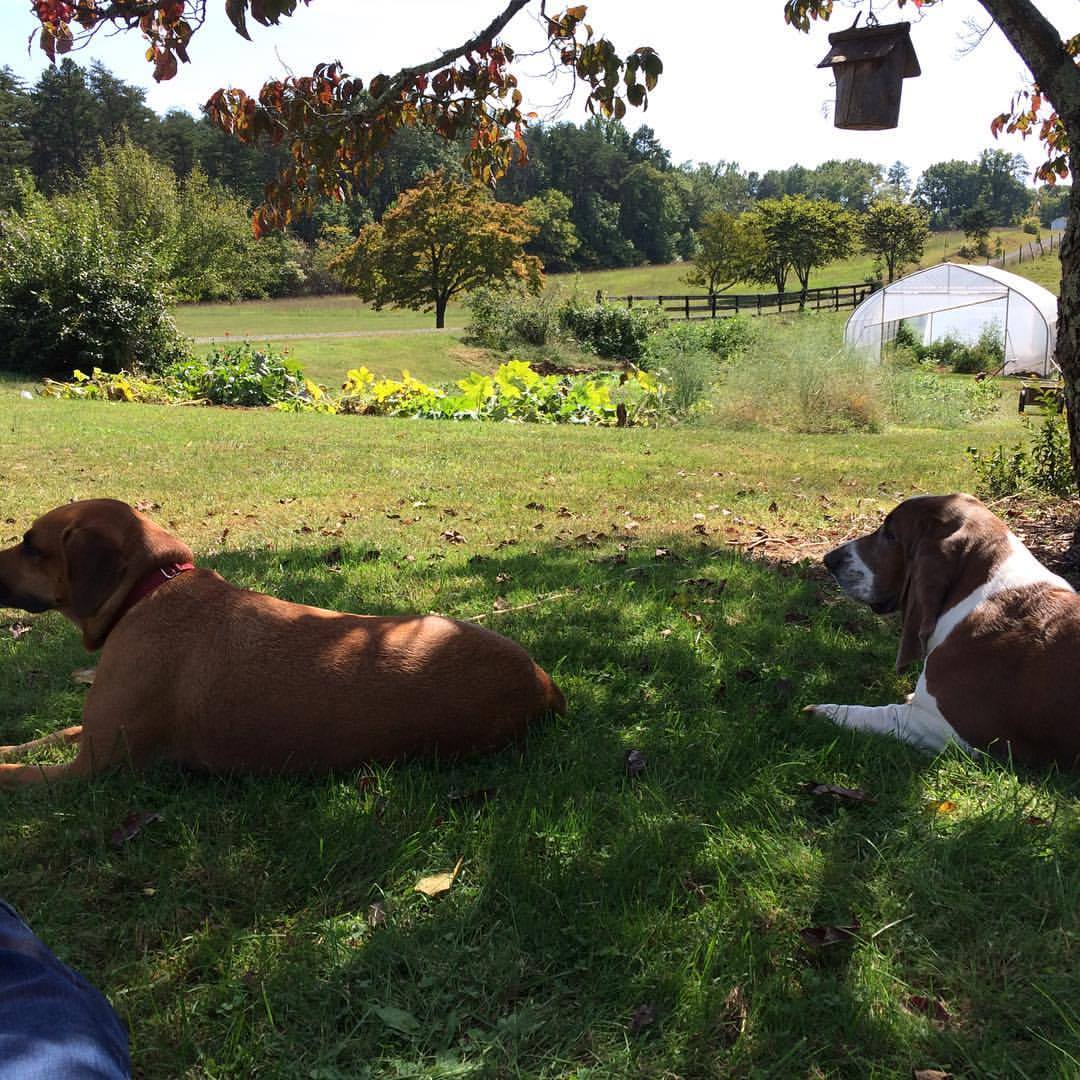 What myths about being a writer (and the writing life) would you like to bust?
What myths about being a writer (and the writing life) would you like to bust?
Oh, so many. Fundamentally, though, I’d just like to destroy any of the legends that say every writer has to do any one thing. Not all of us can write at 5am. Not all of us can write with a fountain pen on unlined paper. Not all of us can write well in a coffee shop or in utter silence or at the end of an airport runway.
Every writer is different, and we need to own and love what works for us and do our work there.
Your book is a series of Love Letters, so to speak. What’s you most compassionate advice for when times get discouraging? (Our friends are getting book deals, folks are publishing left and write and we’re struggling, etc.)
Oh, this is so hard, and I’ve struggled with jealousy and discouragement in some big ways this year. Here’s what I do: I let myself feel those feelings. I don’t berate myself for being petty or ungrateful. I just feel it.
Then, I celebrate with my friends, even if some of that celebration is an act of hope rather than genuine joy.
Finally, I get back to my work, the words only I can write, the stories only I can tell. Usually, by the time I reach this point, I remember that it’s the writing that I love, not the accolades.
As we’ve recently discussed and I shared recently here at MCL, though I was “finished” with my next book, I decided it wasn’t ready to publish. How do you make the determination that maybe, just maybe, it’s time to abandon a project – or put it in cold storage.
For me, that decision is usually based on energy. I don’t abandon many things completely, but I do put them aside for the time being. If it feels like I simply cannot get this right with the time and energy I have, I put it away because laboring over something when I’m not able to give my best to it is frustrating and can make me hate the work.
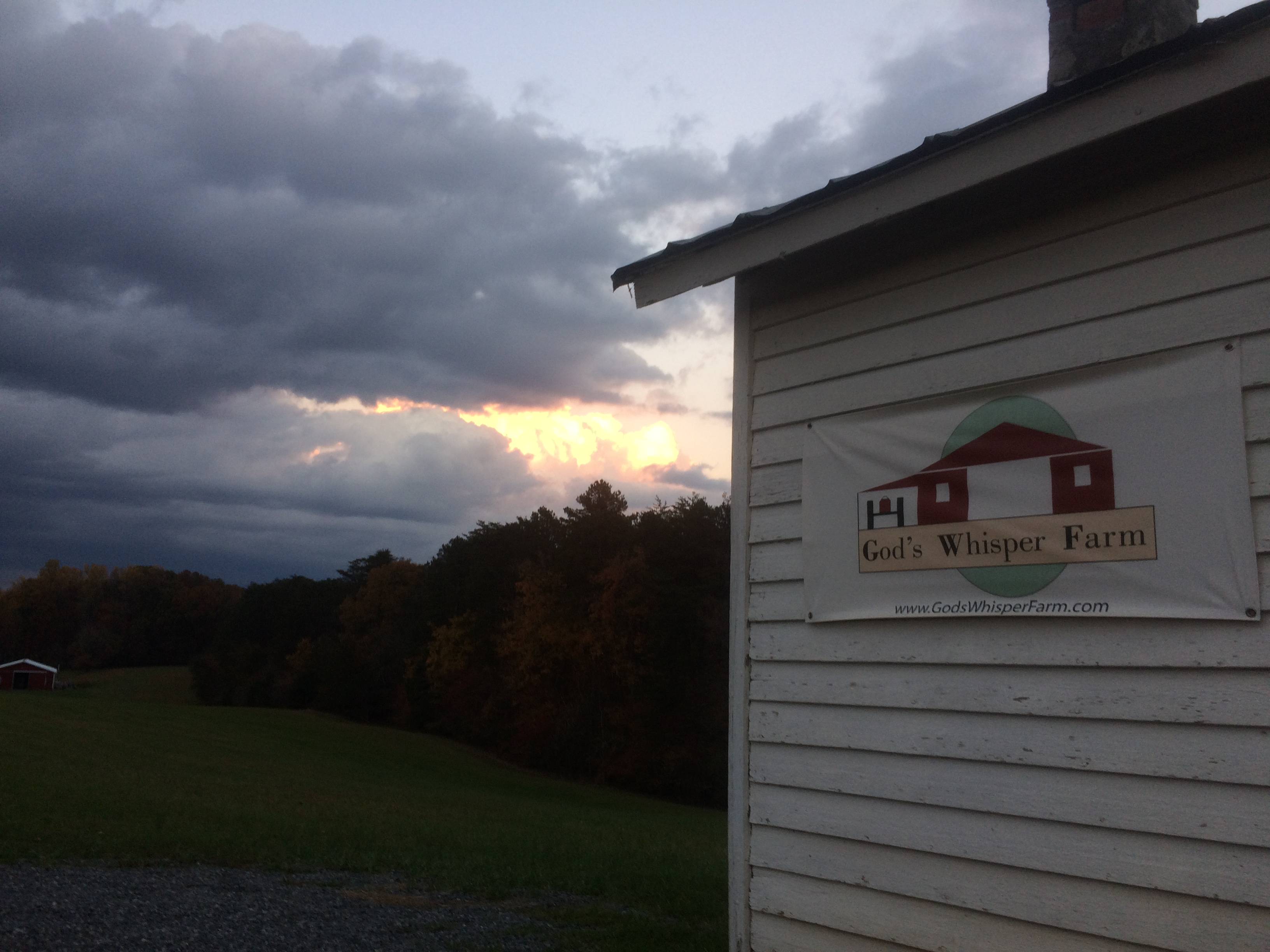
What do you know now that you wish you knew at 32?
Oh, that’s a beautiful question. At 32, I was at the end of a sad but silent divorce after a sad and largely silent marriage. I had just gotten my first full-time job as an English professor, and I was already finding myself overwhelmed by the work that job entailed. I was pretty sad and lonely, and I was trying to do all the things that I thought I should do – speak at conferences, write academic papers, serve on all the committees.
So I wish I could tell myself of a decade ago, “Lean into your love, Andi. Trust it. It’ll lead you well. Don’t try to hard. Just be you, and it’ll come together. It really will.”
About the Author: Andi Cumbo-Floyd
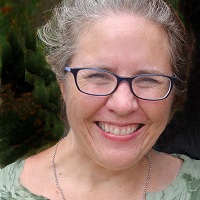 Andi Cumbo-Floyd is a writer, editor, and farmer, who lives on 15 blissful acres at the edge of the Blue Ridge Mountains with her husband, 6 goats, 4 dogs, 4 cats, and 22 chickens. Her books include Steele Secrets, Charlotte and the Twelve, The Slaves Have Names, and Writing Day In and Day Out. Her new book, Love Letters to Writers: Encouragement, Accountability, and Truth-Telling is now available.
Andi Cumbo-Floyd is a writer, editor, and farmer, who lives on 15 blissful acres at the edge of the Blue Ridge Mountains with her husband, 6 goats, 4 dogs, 4 cats, and 22 chickens. Her books include Steele Secrets, Charlotte and the Twelve, The Slaves Have Names, and Writing Day In and Day Out. Her new book, Love Letters to Writers: Encouragement, Accountability, and Truth-Telling is now available.
You can connect with Andi at her website, andilit.com, or via Facebook and Twitter.
